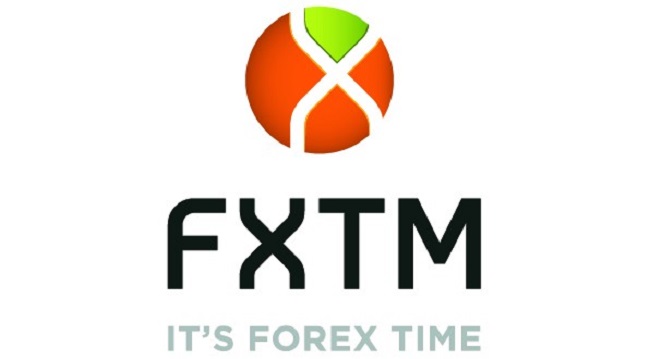Global post-Brexit relief rally continued to push Asian stocks higher on Thursday, after U.S. stocks ended yesterday’s session sharply to the upside, recovering more than half of its losses triggered by the Brexit vote, and the FTSE 100 erased all losses made in the two-days selloff.
The two-day rally in the equity markets suggests that some investors are becoming less worried about the economic impact a Brexit might cause in the foreseeable future as central banks and policy makers stand ready to intervene whenever needed.
However, fixed income markets disagree, as investors’ flight to safety pushed many sovereign debt yields to new historic lows. According to Fitch, the amount of negative-yielding global debt jumped to $11.7 trillion, a 12.5% higher than end of last month. The mixed signals provided by different market participants suggests one certain thing – “more volatility ahead”.
Oil prices gave up some of Wednesday’s gains with Brent trading below $50 per barrel as fears over Norway’s strike abated, where a pay dispute involving more than 700 workers at seven producing fields was expected to impact more than a fifth of the country’s output. Oil was the best performing asset in first half 2016, gaining more than 34% assuming it closes today around $50. No doubt the numerous production outages played a major role in the rally, but the range bound movement since mid-May provided some good vibes in financial markets after being the major source of uncertainty in 2015 and first couple of weeks in 2016.
Advertisement
In currency markets, sterling bears were trying to take back control before European markets opens. GBPUSD managed to recover 400 pips from Monday’s low after dropping by more than 11% in the two-days post Brexit vote. Equity traders shouldn’t ignore sterling moves as it’s likely to play a major role in identifying risk on/off days. On the data front the UK’s final Q1 GDP is due to release and expected to come in line with previous reading of 0.4% growth, but taking into consideration that this is a lagging indicator and investors are more interested in knowing whether UK will fall into recession later in 2016 or 2017, the released data will have little impact on the currency direction.
Add a comment






